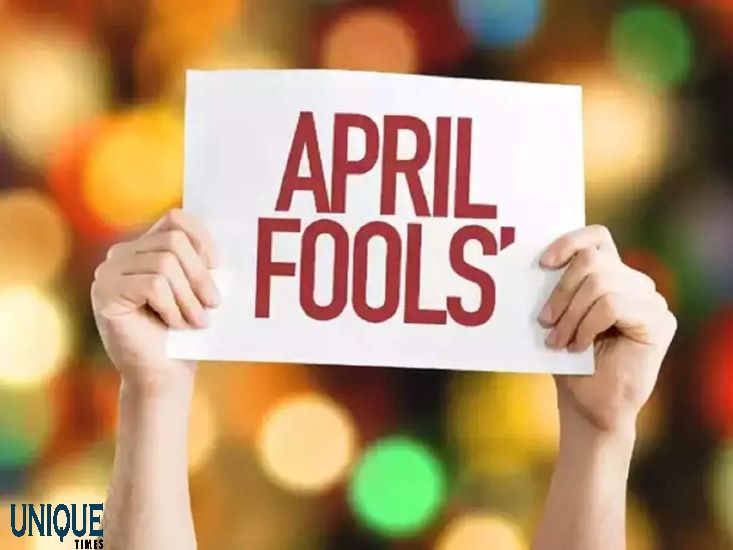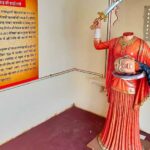How April Fools’ Day Has Evolved: Exploring the History and Modern Traditions

April Fools’ Day, celebrated annually on April 1st, is a time-honored tradition filled with pranks, jokes, and good-natured mischief. But how did this playful holiday originate, and how has it evolved over the centuries? In this blog, we’ll take a journey through the history of April Fools’ Day and explore how its traditions have changed over time.
The Origins of April Fools’ Day
The exact origins of April Fools’ Day are shrouded in mystery, with several theories surrounding its inception. One popular belief is that the holiday dates back to the 16th century when France switched from the Julian calendar to the Gregorian calendar, moving New Year’s Day from late March to January 1st. Those who continued to celebrate New Year’s in late March were dubbed “April fools” and became the butt of jokes and pranks.
Evolution of Traditions
Over time, April Fools’ Day evolved from a simple day of pranks into a widespread cultural phenomenon celebrated around the world. While the core concept of playing tricks on others remains the same, the way in which people observe the holiday has changed with the times.
Historical Pranks
In the past, April Fools’ Day pranks were often elaborate and sometimes even cruel. For example, in the 19th century, pranksters would send unsuspecting victims on “fool’s errands” or invite them to nonexistent events. Newspapers would publish fake news stories, and businesses would promote bogus products or services, all in the spirit of fun and amusement.
Modern-Day Celebrations
In the modern era, April Fools’ Day has taken on new forms with the rise of social media and digital communication. Brands and companies now participate in the festivities by creating elaborate hoaxes and prank campaigns to engage with their audience. From fake product launches to humorous advertisements, these April Fools’ Day stunts have become highly anticipated events in the marketing world.
Cultural Variations
While April Fools’ Day is celebrated in many countries around the world, the customs and traditions associated with the holiday can vary significantly from one culture to another. In some countries, such as the United States and Canada, the focus is on playful pranks and jokes. In others, like France and Belgium, the emphasis is on trickery and deception, with people attempting to fool their friends and family members.
The Digital Age
In recent years, the internet and social media have transformed the way we celebrate April Fools’ Day. Online platforms are flooded with fake news stories, viral hoaxes, and digital pranks designed to deceive and entertain. Memes, videos, and interactive websites abound, as people seek to outdo each other with their creativity and humor.
Conclusion: A Timeless Tradition
Despite its ever-changing nature, the spirit of April Fools’ Day remains timeless—a day dedicated to laughter, lightheartedness, and good-natured fun. Whether you’re pulling pranks on friends, watching out for tricksters, or simply enjoying the humor and creativity on display, April Fools’ Day is a celebration of the human capacity for laughter and joy. So, embrace the spirit of the holiday, and don’t be afraid to let your inner prankster shine!
Picture Courtesy: Google/images are subject to copyright








